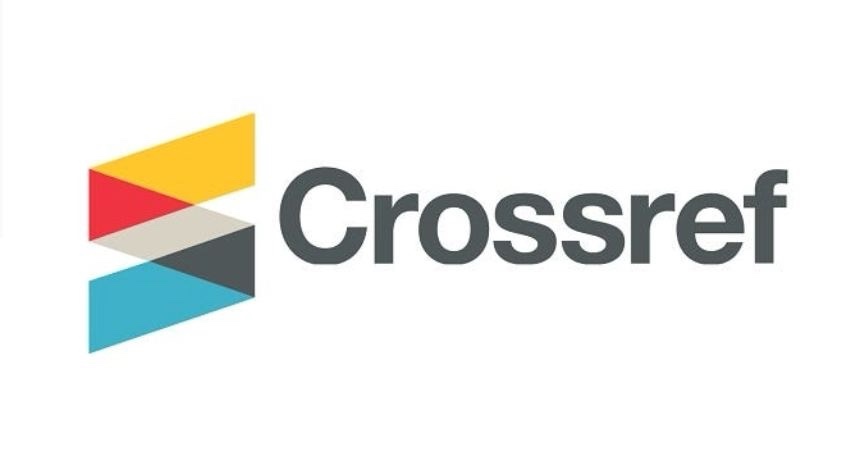Nutritional status of adult hemodialysis patients in Al-Najaf Al-Ashraf Governorate
DOI:
https://doi.org/10.58897/injns.v25i1.119الكلمات المفتاحية:
Nutritional Status, Hemodialysisالملخص
Objective: To assess the nutritional status of hemodialysis patients.
Methodology: A descriptive quantitative cross sectional study was effectuated in hemodialysis centers from
February 2011 to September 2011. A purposive "non-probability" sample of (70) male and female hemodialysis
patients in al-Najaf al-Ashraf Governorate from those who have spent more than six months on maintenance
hemodialysis schedule. Data collected through using of a well-designed questionnaire consist of five parts, part
one consists of sociodemographic contain (9) items, and part two consists of medical data contain (8) items, and
part three consists of health and nutrition behavior contain (12) items plus (8) items of anthropometric
measurements, and part four consists of food frequency contain (5) major items, and part consist of laboratory
investigation contain (9) items. In addition to food diary (24 hour dietary recall) used for validating the food
frequency part. Data collected by direct interview method with ESRD on maintenance hemodialysis patients’ also
by anthropometric measurement method and blood sample for laboratory investigation. Reliability of the
questionnaire was determined through pilot study and validity determined through a panel of experts consists of
(18) experts. Data was analyzed by using of descriptive data analysis (frequencies, percentages, mean, standard
deviation and relative sufficiency) and by using of inferential analysis (correlation coefficient, t- test and χ²).
Results: The study results indicates that the majority of study sample suffer from moderate malnutrition
according to several indicators including anthropometric measurements, laboratory investigations and (type and
quality) of food. Most of study sample was illiterate, and the sample divided between male and female with
invisible variance between percentages, the majority of study sample was nutritionally instructed but they don’t
reflect the desired compliance.
Recommendations: The study recommends with the necessity of establish a nutritional health style for
hemodialysis patients including several dialogist like calibrating of dietary intake, increase physical exercise as
tolerated, control body weight and enrich the list of laboratory investigations. Workout anew studies about the
studied phenomenon, activate the role of dietician (doctor and nurse) in hemodialysis centers, hemodialysis
malnutrition alert day and initiate a proper financial support through establish a hemodialysis malnutrition
foundation work for improvement of socioeconomic status and nutritional status through study subjects







